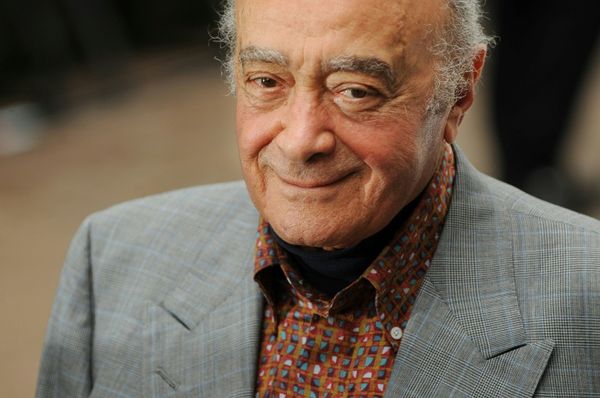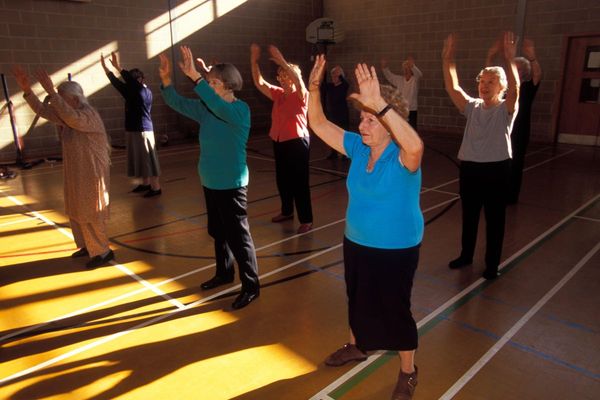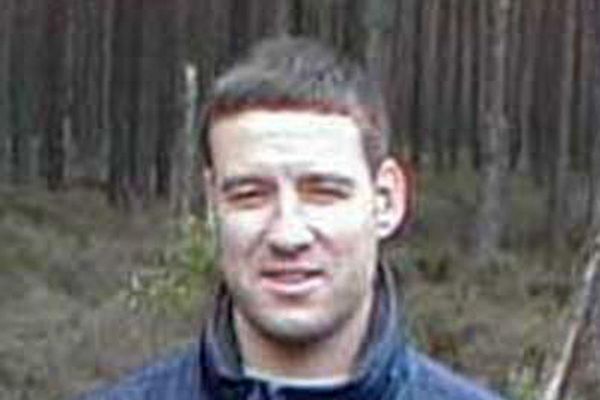A brave mum is raising awareness of birth trauma after suffering a sequence of traumatic and emergency situations, before during and after having her son. Laura-Beth Thompson nearly died during the birth of her son, Theodore.
Her baby boy then became critically ill twice during his first ten weeks of life and was rushed to hospital a number of times. In addition to experiencing serious physical health challenges, Laura-Beth later suffered serious stress, nightmares and terrifying memory flashbacks of the various incidents.
The local councillor from Rossendale, Lancashire, later discovered a condition known as birth trauma. But it was not featured in books about birth or covered in classes. She found a small charity, the Birth Trauma Association, which she says saved her in many ways, LancsLive reports.
Now, one year after her various ordeals, Laura-Beth is holding a fund-raising abseil down the landmark Peel Tower near Rossendale to help the charity. She has bravely spoken about her experiences at different points through pregnancy, birth and then the early weeks afterwards.
She said: ”I had a difficult pregnancy because I found out I was pregnant whilst undergoing investigations for a growth on my brain. Then there were concerns for the baby’s health as I was a high-risk pregnancy. Then I was diagnosed with heart valve disease at 30 weeks of pregnancy.
“I had missed pre-eclampsia [a condition affecting the placenta, which connects a mother’s blood supply to a developing baby]. Then I was quite seriously ill with nausea and visual disturbances. I was admitted to hospital.
“The medics decided to induce labour, due to the pre-eclampsia symptoms. The induction took two days. Then my labour didn’t progress enough and I had to be taken into surgery. There, my epidural failed. The spinal was high – which meant I had numb arms and hands and felt I could not breathe.”
The challenges kept coming, one after another. Theodore was born after a 'difficult birth', and he did not make any noise so medics were concerned about his breathing.
“At the same time, I started haemorrhaging and was still struggling with the high spinal. I felt I couldn’t breathe, was starting to lose consciousness with the blood loss and was uncertain if Theodore was alive and OK. Thankfully, we were both patched-up and came home a couple of days later. But I was still in shock and trying to process what had happened," Laura-Beth said.
But being at home didn’t last for long. Events took another turn for new baby Theodore. On the day of Theodore’s day-five check-up, Laura-Beth said she had some concerns about his skin tone and the risk of jaundice.
She said: "We pushed the medical centre for a test. Later that evening we received a phone call saying we had to attend Burnley Hospital immediately because his bilirubin levels were above the transfusion level. He would need blood transfusions within the hour to save him. Thankfully, when we arrived he was put under UV lamps immediately. His levels started to drop after an hour so he did not need to be transferred to a neo-natal intensive care unit.
"After five days in hospital we were able to come home. But I was then incredibly anxious about Theodore’s health and his feeding difficulties.”
A few weeks later came more upset. Laura-Beth said: “We started to settle into family life. But at eight weeks, Theodore had his immunisations and a few hours later would not wake from his nap. He was incredibly grey and floppy. My mum and dad rushed us to the Royal Blackburn Hospital’s A&E department. On the journey, Theodore was going about 10 seconds at a time without taking a breath.
"Whilst in the queue at A&E, his breathing was becoming slower and more sporadic. He was only breathing when I was rubbing his chest and stomach. He was immediately taken through to be seen. Hundreds of tests were carried out. It was established that Theodore had coronavirus>covid before having his immunisations. We didn’t have it and none of our family had symptoms.
But the immunisations had lowered his immunity and allowed the virus to take hold with him developing covid-sepsis. When Theo came home at nine weeks old he was still a very poorly baby. We were given a feeding schedule by the dietician and I fed him every two or three hours, 24 hours a day, for a number of weeks afterwards.
"We had weekly hospital appointments and tests with various teams and I did daily physio with him three times a day. We also had some more hospital admissions with bronchiolitis and chest infections in his first six months.
"I cannot thank our wonderful consultant, Dr Helen Coutts, enough for everything she did for Theodore. And the support she provided to my partner, Andrew and I. Helen helped is in the hospital and at clinic afterwards. She saved both of us."
But the experiences took a toll on Laura-Beth too. She said: "Once Theodore came home from hospital a second time. I found it incredibly difficult to relax, eat or sleep without worrying about his health and if he would stop breathing in my arms again? Around the time of the later hospital trips, the daily physio and all the other developments and activity, I started having flashbacks of him unresponsive and of him being checked over when he was born. I then had nightmares and up to six or seven flashbacks a day.
"My health visitor suggested that I make a referral to Mindsmatter because it sounded like I was suffering trauma from the birth and the two hospital admissions afterwards. I hadn’t heard of birth trauma at that point. I felt very uncertain as to whether I was experiencing it because I was coping fine, attending council meetings and hospital appointments and celebrating the birth of Theodore with family and friends. Most people didn’t even know what we’d been through only that we’d had a ‘bad birth’.
"However despite having a now-thriving baby and a supportive network, I couldn’t stop reliving the experiences. The more I tried to ignore it, the worse it seemed to get. I was diagnosed with post-traumatic stress disorder.
"About six months after the birth I started trauma therapy. I found it incredibly distressing to relive the experiences. But after about six months I finished the therapy. The frequency of my flashbacks is probably once or twice a month now, which is an incredible difference.
Laura-Beth said one of the things she struggled with the most was the "overwhelming isolation and loneliness" of her experience. She said: "I didn’t know anyone else that had experienced anything like it – either with the birth or Theodore’s hospital admissions afterwards. When I found the Birth Trauma Association and its support group, there was a sense of relief that I wasn’t alone in my feelings. That I wasn’t losing my mind and that there were other people that understood what I’d been through.
"That’s the reason I want to raise awareness of birth trauma and the association. The work they do is lifesaving. Before my experiences, I didn’t know birth trauma existed. I didn’t know you could get post-traumatic stress disorder from something other than war, which is hugely inaccurate. But I wasn’t aware of that.
"This lack of knowledge made the flashbacks even more terrifying because I didn’t understand what was happening or why I was reliving the sensation of nearly dying or Theodore not breathing many times a day.
"I hope by sharing my story, I can raise some awareness of birth trauma and post-natal mental health conditions. It’s incredibly difficult to discuss and share those experiences. But if they help one person understand what has happened to them or what they may be experiencing then it will be worthwhile.”
Speaking this week, Laura-Beth said she and young Theodore are doing much better. He is now a happy, friendly brave little boy who loves spending time with family and friends, playing in his toy kitchen and watching Paddington Bear. Next month, on July 15, Laura-Beth is set to abseil down Peel Tower, the 128ft-high monument on Holcombe Hill near Ramsbottom. Friends and family are supporting her including political colleagues. They include Rossendale councillor David Foxcroft, Luis McBriar from Bury and James Daly MP.
Laura-Beth said: “After all the help I received from the Birth Trauma Association, I wanted to give something back. I decided to face my biggest fear of heights and organise the sponsored abseil. There are still spaces available for other people to abseil or to donate online.”
For information on the Birth Trauma Association, visit birthtraumaassociation.org.uk







